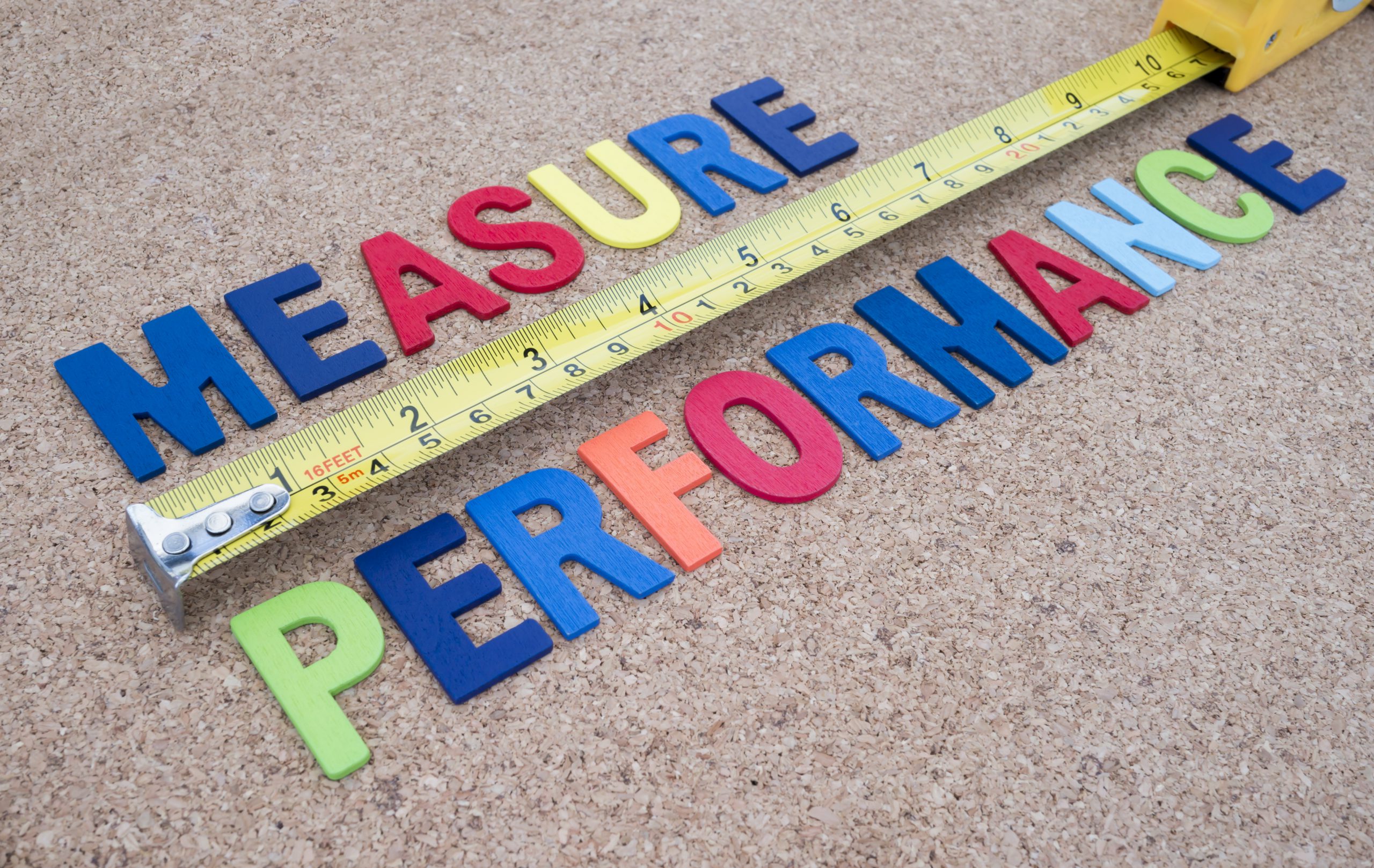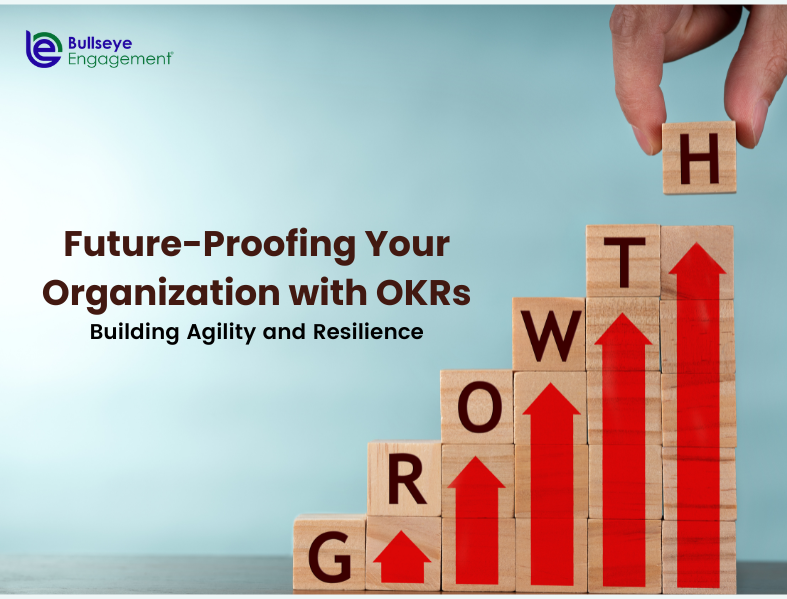An effective performance review system plays an essential role in managing the overall performance of the employees and organization. While analyzing the performance measures, the key performance indicators (KPI) must be set well in advance for a smooth and efficient appraisal system. These indicators are result oriented and not action oriented. The performance indicators are supported by a team of senior management. A typical and reliable performance indicator drives the business value and also predictive in nature. These metrics are monitored and tracked frequently.
The key decision makers of an organization allocate resources and determine appropriate levels while setting up the performance measures. They tend to focus on accomplishing the priority goals designed to measure the performance indicators for a given objective. The key measures provide the opportunities to predict the management and forecast the performance outcomes. A high-quality performance management system provides information that is significant and highly helpful for the decision makers. These measures must be result oriented as they mainly focus on the outcomes, outputs and efficiencies. The performance measures must be selective and useful as they provide information of value to the decision makers.
The performance management system provides accessibility and reliability as they supply periodic information about employee and provides consistent and accurate information over time. Accuracy, reliability and validity are the three important attributes of measurement in an organization. This ensures that the obtained information is not biased. The measures can be used consistently as they are an important tool in determining and comparing the existing trends with that of the past trends over a period of time. The targets specified for a desired level of performance often involves certain incremental improvements on the existing level of performance. The managers must set achievable targets and encourage the improved performance. The performance targets should be reviewed as part of planning process in order to ensure practicality and relevance. Monitoring performance plays an integral part in the performance management system process. This involves analyzing and evaluating the effectiveness and cost efficiency. Constant monitoring enables to evaluate performance and implement strategies so as to improve performance.
The performance measurement shall not be considered as milestones. Rather they are the radical improvements in employee performance and reflect on the organizational goals and strategies on the whole.
Performance management system helps in planning, tracking, assessment of productivity and also to voice Employee requests to the top order management in an organization.


